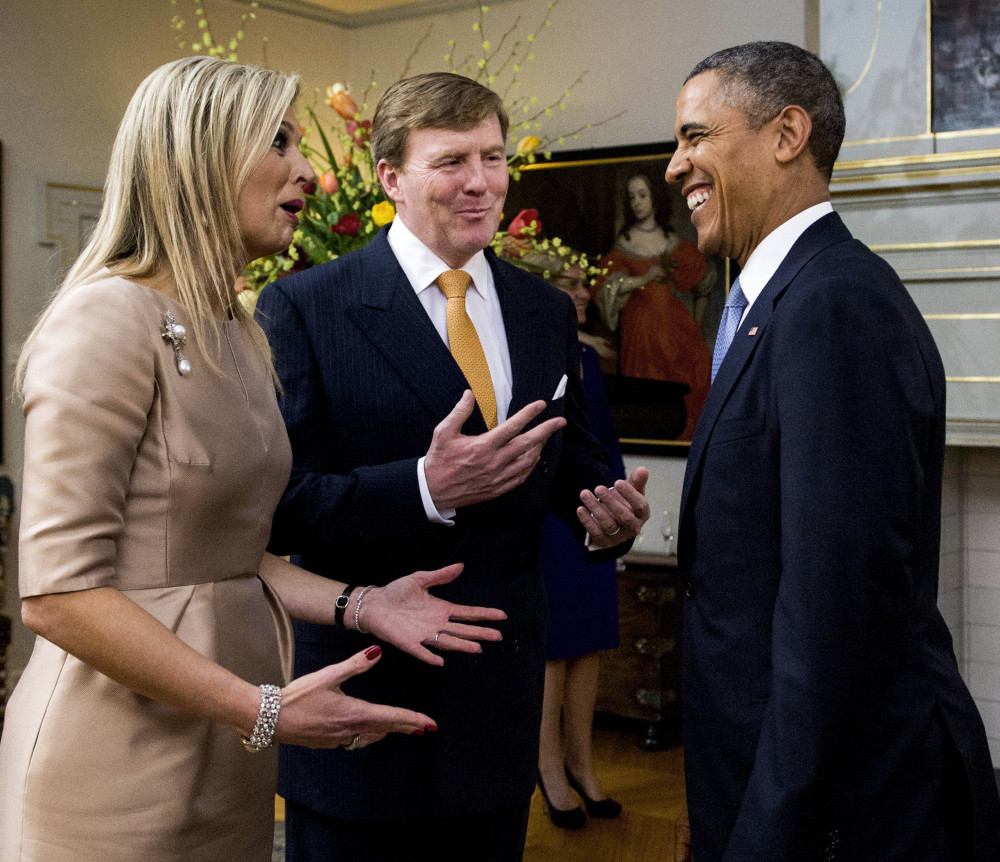THE HAGUE, Netherlands — A major international summit to rein in the threat of nuclear terrorism opened Monday with Japan pledging to return to the United States more than 700 pounds of weapons-grade plutonium and a supply of highly enriched uranium.
The Nuclear Security Summit is the third in a series of meetings established after a landmark 2009 speech by President Barack Obama in which he said non-secure nuclear material presents “the most immediate and extreme threat to global security.”
American and Japanese officials announced the deal – the meeting’s first important breakthrough – at the two-day summit in The Hague, Netherlands.
“This is a very significant nuclear security pledge and activity,” U.S. Energy Secretary Ernest Moniz told reporters. “The material will be transferred to the United States for transformation into proliferation-resistant forms.”
Japan originally received the material from the U.S. and Britain in the 1960s for use in research.
The summit focuses not on nuclear weapons but on efforts to reduce and secure nuclear material stockpiles to prevent them falling into the hands of terrorists who could potentially use them to fashion a weapon.
The number of countries possessing such stockpiles has fallen from 39 in 2009 to 25 at the start of the Hague summit.
The summit, which hosts leaders and senior officials from 53 countries, is expected to wrap up Tuesday with a commitment to enact further reforms to boost nuclear security before a final summit in Washington in 2016.
Obama flew into the Netherlands on Monday morning and was attending a hastily arranged G-7 summit later in the day to discuss the West’s response to Russia’s annexation of Crimea.
The White House also said, in addition to the Japan deal, the United States had reached agreements with Belgium and Italy to remove highly enriched uranium and plutonium from those European allies.
Yosuke Isozaki, a senior national security adviser to Japanese Prime Minister Shinzo Abe, said handing over the highly enriched uranium and plutonium was part of Japan’s efforts to prevent proliferation.
“Japan shares a vision of a world without nuclear weapons,” he said through a translator.
As part of the deal, the U.S. will continue to receive spent reactor fuel from Japanese nuclear plants for an additional 10 years.
Send questions/comments to the editors.



Success. Please wait for the page to reload. If the page does not reload within 5 seconds, please refresh the page.
Enter your email and password to access comments.
Hi, to comment on stories you must . This profile is in addition to your subscription and website login.
Already have a commenting profile? .
Invalid username/password.
Please check your email to confirm and complete your registration.
Only subscribers are eligible to post comments. Please subscribe or login first for digital access. Here’s why.
Use the form below to reset your password. When you've submitted your account email, we will send an email with a reset code.